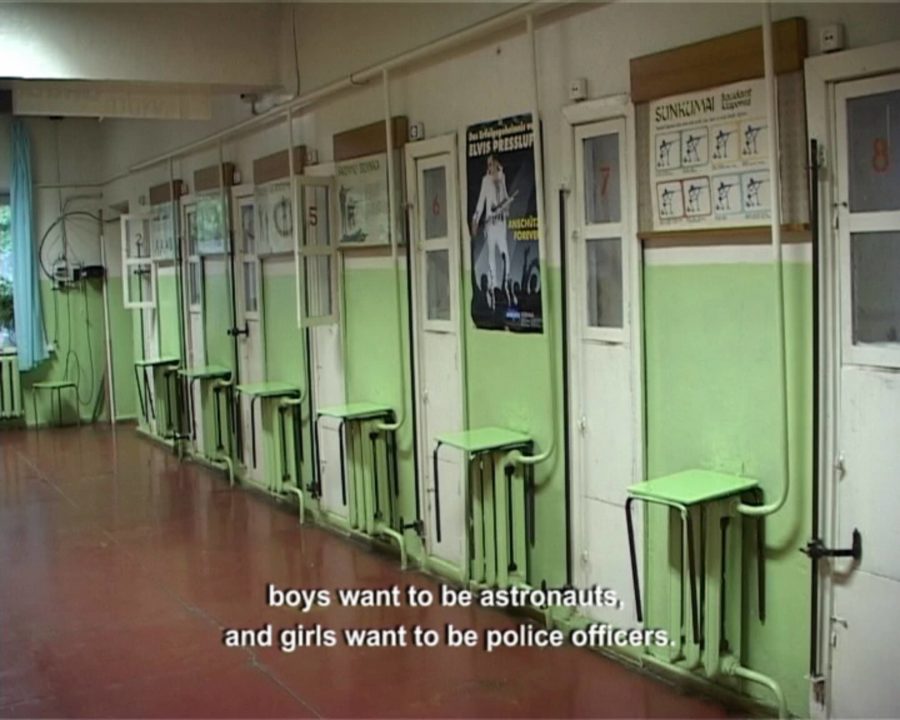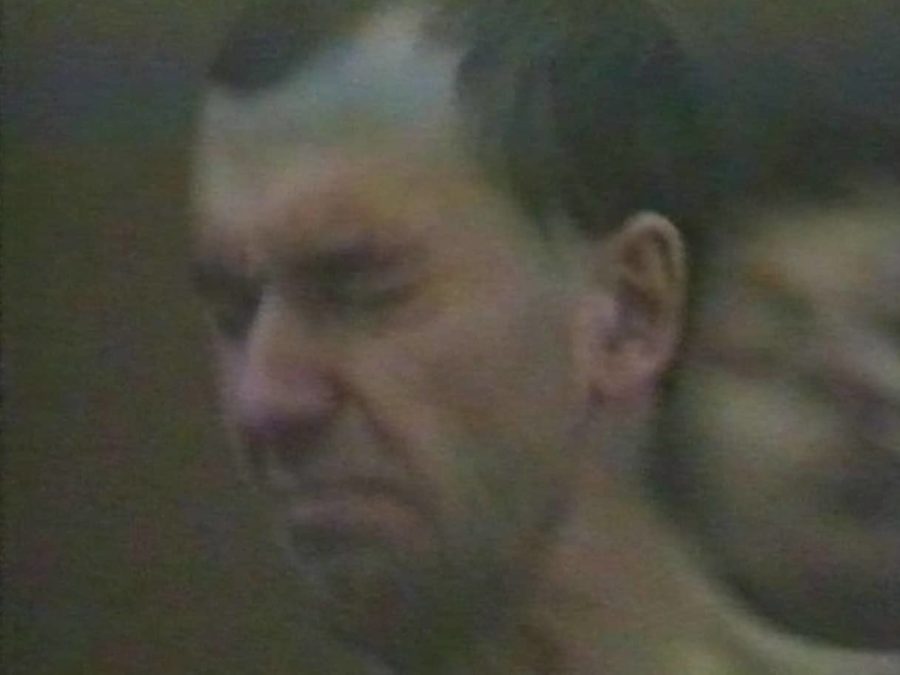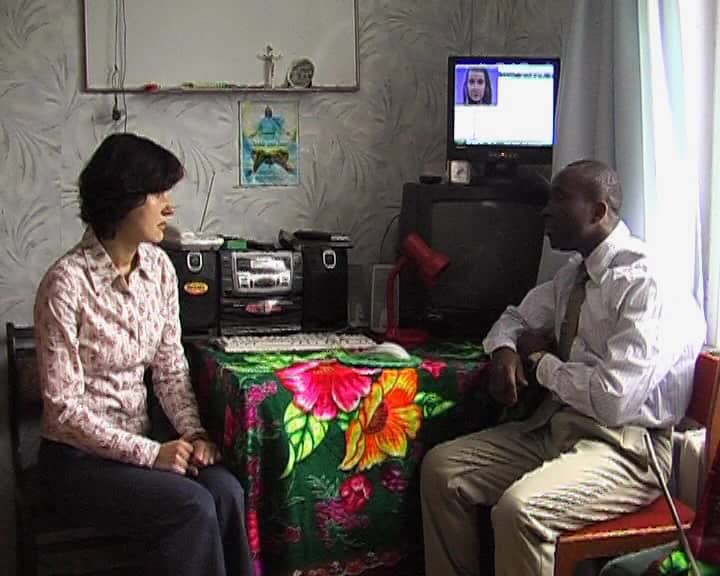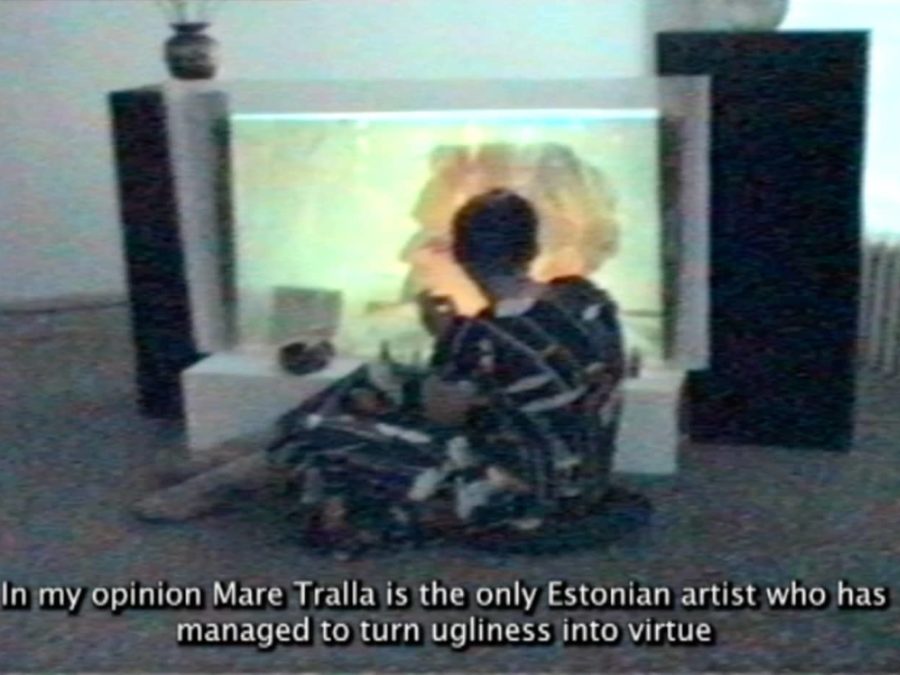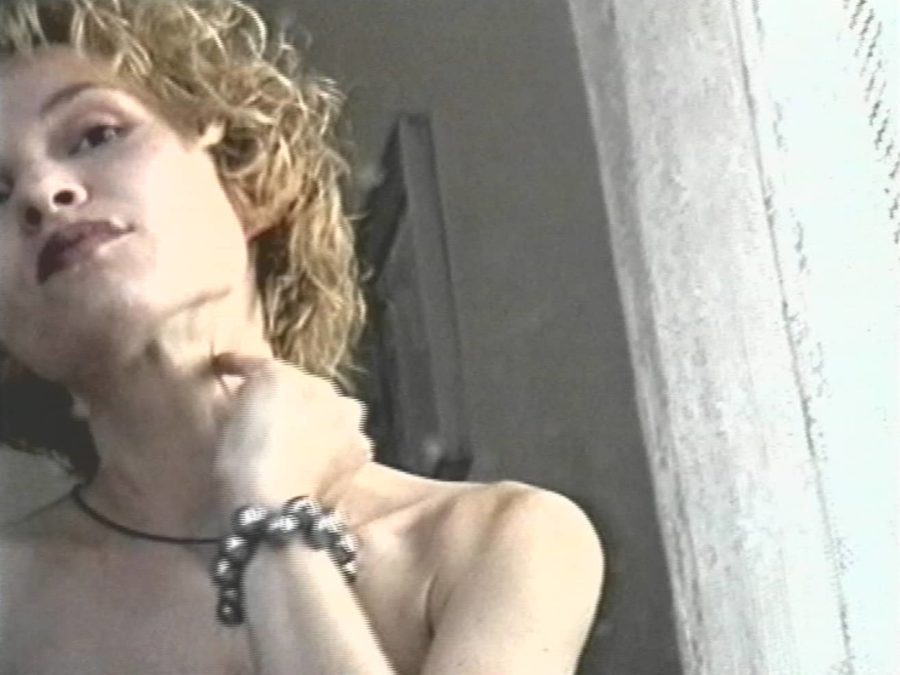The video work of Kristina Inčiūraitė Order (2004) is a part of the series Stages made between 2002 and 2005 in Lithuania. This series investigates the peculiarities of the social relations from a feminist perspective, holding an uncompromising mirror up to capture the Lithuanian society in transition.
Contrasts create the frame of the work: visual images of a cold public space provide the background for soft female voices. The voices belong to police officers who recount occasions when, recognized as women, their professional work was hindered.
In authoritarian and totalitarian societies the police are omnipresent, either as uniformed officers on the streets or as a constantly assumed surveillance, so that the questioning of these institutions becomes the way of participating in democracy. In a liberal democratic society it is presumed that the authority of such institutions as the police or prison is legitimized through the process of representative democracy. Once the state proclaims itself a liberal democracy, the citizens are robbed of the means to criticize it.
The history of Lithuania contains clues for an interpretation of the feelings occurring during the encounter between a citizen and a female police officer: They distrust the iterations of state power while feeling vulnerable and defenceless. Such a demonstrative “revolt” like the refusal to talk to a female officer (which, using the vocabulary which came much later, we can call “reducing someone to their gender”) is a way to belittle very similar mechanisms of power that Lithuanians were revolting against. Here, gender is being instrumentalized for the criticism of the state power because in a liberal post-socialist democracy an earnest critique has seemingly only one channel: representative democracy.
Kristina Inčiūraitė is an artist, primarily focusing on video installations, experimental films, and musical performances. The artist is invested in the analysis of identity and its transformation in different social areas. She introduces critical attitudes towards current socio-political phenomena such as homogenic power manifestations, negative approaches to gender differences or hierarchized social relationships. Her works have been exhibited in numerous art institutions, including National Gallery of Art, Contemporary Art Centre, Vilnius, MAXXI National Museum of 21st Century Arts, Rome, National Art Museum of Ukraine, Kiev, Kalmar Museum of Art, Műcsarnok Kunsthalle, Budapest, and other.
